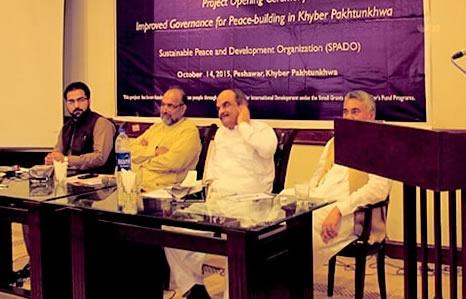Good Governance
In Pakistan, a country that has faced the challenges of violent extremism, political instability, and social inequality, the importance of good governance cannot be overstated. Effective governance ensures transparency, accountability, inclusivity, and equitable resource distribution—factors that collectively play a crucial role in countering violent extremism and fostering a peaceful society.
Violent extremism in Pakistan has often been fueled by socio-economic disparities, marginalization, and lack of access to justice. Good governance addresses these root causes by promoting social equity and reducing grievances that extremists exploit. Transparent governance systems ensure that public resources are allocated fairly, curbing corruption and fostering trust between citizens and the state. When citizens feel that their voices are heard, their rights are protected, and their basic needs are met, the allure of extremist ideologies diminishes.
Peacebuilding requires a governance framework that embraces diversity, fosters social cohesion, and resolves conflicts through dialogue and negotiation. Inclusive governance ensures representation of all segments of society, including minorities, women, and marginalized communities, in decision-making processes. This inclusivity strengthens national unity and reduces the sense of alienation that can lead to unrest.
SPADO has remained engaged in promoting good and people’s centered governance in Pakistan. The organization has worked in creating and promoting awareness about the rights of the citizens including right to information and public services along with establishing good governance dialogue forums.


